The thing is, you know, the Pharisee was quite right. His righteousness was beyond reproach. He has been innocent of greed, dishonesty and adultery. He has been more pious than even the law requires. Fasting was only required once a year, on the Day of Atonement, but he fasts twice a week. Tithes were only required to be paid on one’s earnings, but he pays them not only on his earnings, but also on all of his possessions, basically, he paid the tithe on his total net worth. He was probably quite right about his own righteousness, and he may well have been right about the failures of righteousness in the tax collector as well.
And, in those days, tax collectors were despicable human beings. There was no taxation with representation, so the tax collectors worked for the Romans and were in league with the foreign occupation. They were told what they had to collect, and whatever the collected over and above that was theirs to keep. Now certainly, they were entitled to some income, so a modest markup would have been understandable – that was how they were paid. But mostly the modest markup was far from modest, and often bordered on extortion. The tax collector in our parable today does not deny that he has participated in those activities. He does not even pray about anything he has done except for one thing: he has sinned. “O God, be merciful to me a sinner,” he says.
Both of these men were right in what they said about themselves. From an objective point of view, they have presented themselves honestly before God and everyone. So what’s the problem? Where has the Pharisee gone wrong and how did the tax collector end up justified?
It’s pretty easy to see what went wrong when we step back and look at the nature of their prayers. The Pharisee uses the word “I” four times. It’s all about him. The tax collector does not use the word “I” at all; he uses the word “me.” What’s the difference? Think back to your grammar lessons: “I” is the subject, “me” is the object. So, for the Pharisee, it was all about what he had done through his own righteousness, and not about what God had done or could do. For the tax collector, it wasn’t about him at all. He acknowledges his sinfulness and asked God to have mercy. And that’s the second difference. The tax collector asks for something, namely mercy, and receives it: he goes home justified. The Pharisee asks for nothing, and that’s just what he gets: nothing.
So I think today’s Liturgy of the Word is asking us a very important question: have you been aware of your need for a Savior? Because sin is exhausting. Anyone who has struggled with sin, or a pattern of sin, in their lives can tell you that. Those who have been dragged down by any kind of addiction or who have tried to work on a character flaw or striven to expel any kind of vice from their lives often relate how exhausting the sin can be. Sin saps our spiritual energy, weakens our resolve to do good, and causes us to turn away in shame not only from God, but also from family, friends, and all those whose spiritual companionship we need in order to grow as Christians. That’s just the way sin works.
But today’s Liturgy gives us very good news. Sirach says in today’s first reading that “The prayer of the lowly pierces the clouds; it does not rest till it reaches its goal, nor will it withdraw till the Most High responds, judges justly and affirms the right, and the Lord will not delay.” We see that very clearly in the parable in today’s Gospel. The lowly tax collector cannot even bring himself to raise his eyes to heaven. “O God, be merciful to me a sinner,” he says. It is the perfect Act of Contrition. He acknowledges his sin, he prays for God’s mercy. And God responds. He can go home justified.
Just like the Pharisee and the tax collector, we have come to this holy placed to pray today. What is our prayer like? Are there sins that have become a pattern for us? Do we have addictions that need to be worked out? Have we failed in some way in our daily life? What dark corners of our lives desperately need God’s light and God’s mercy? In what ways do we need a Savior? Have we asked for God’s mercy, or have we been like the Pharisee, asking for nothing and receiving exactly that?
Pray the tax collector’s prayer after me: “O God, be merciful to me, a sinner.”

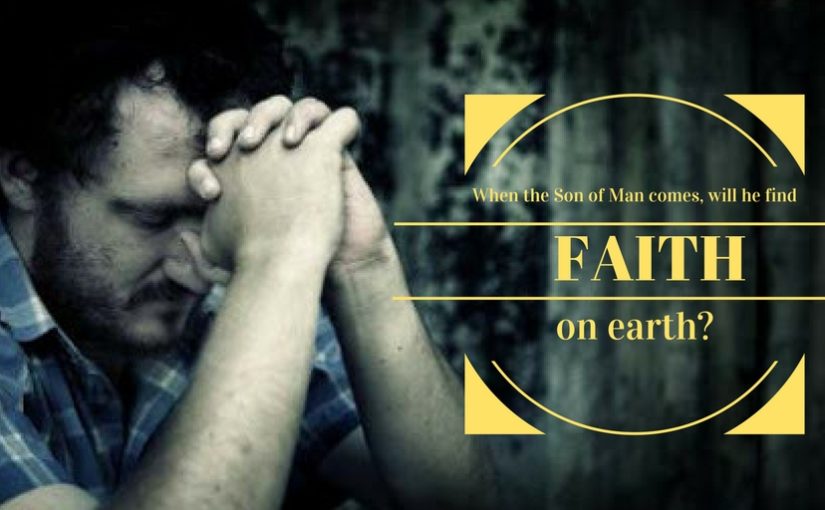
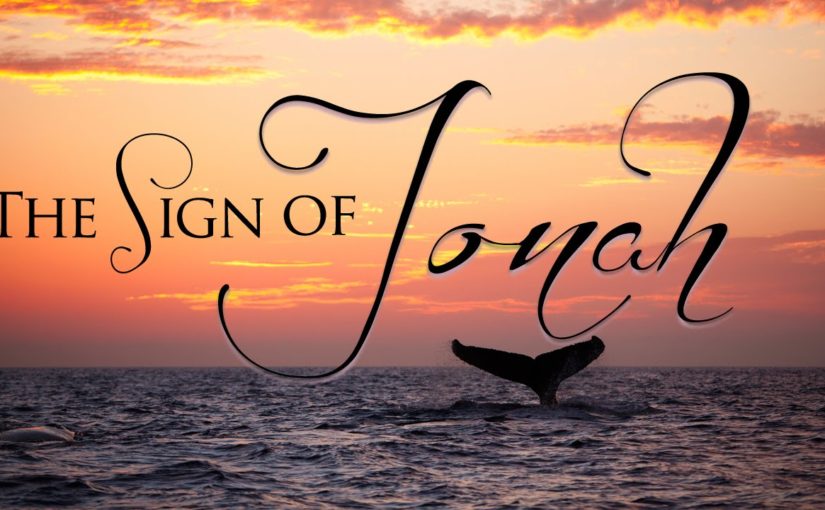
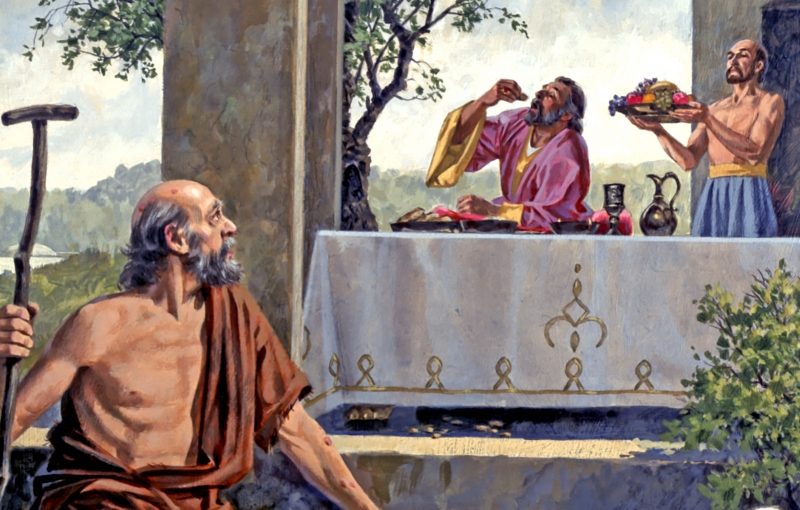
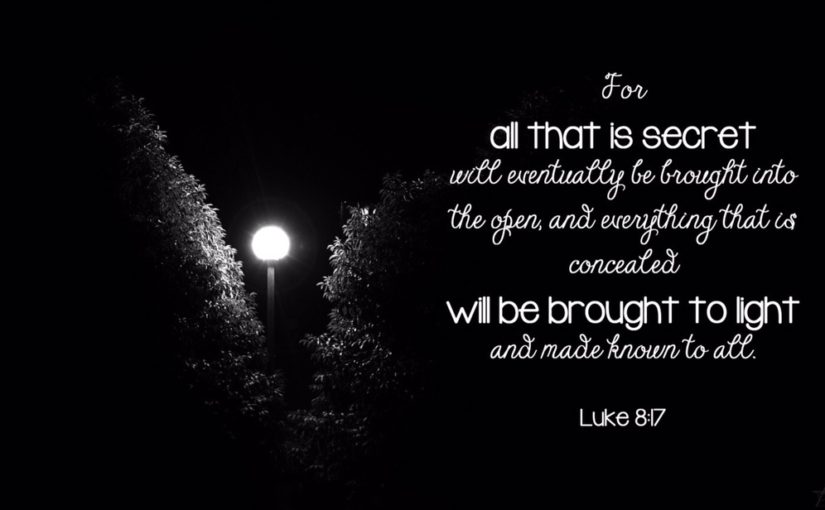
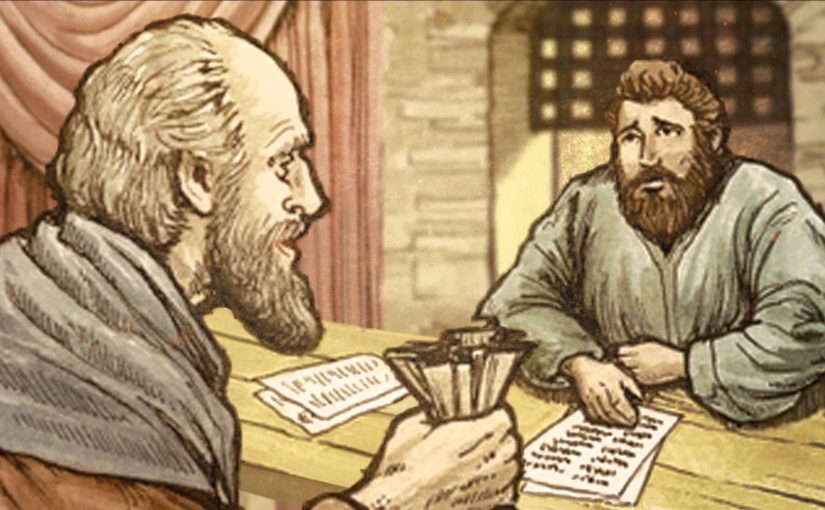
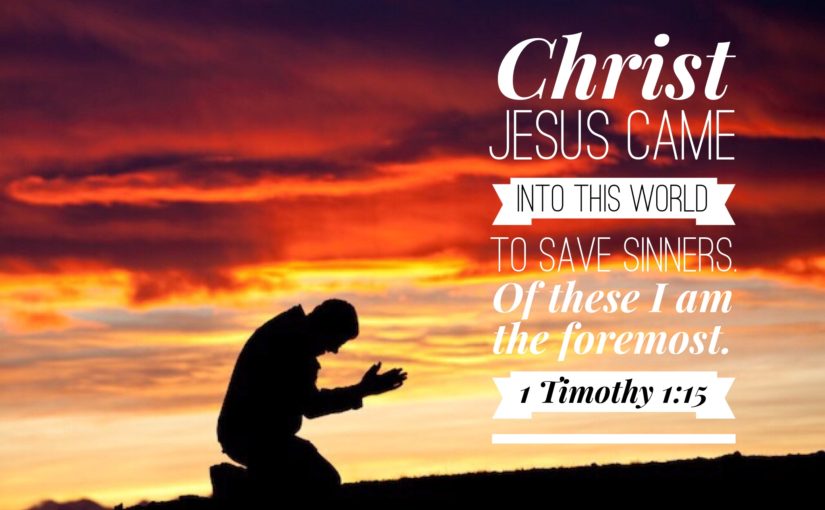
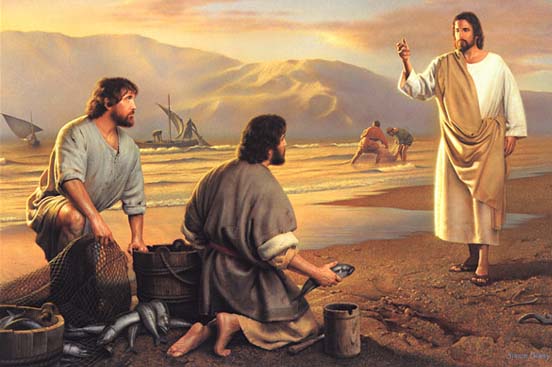
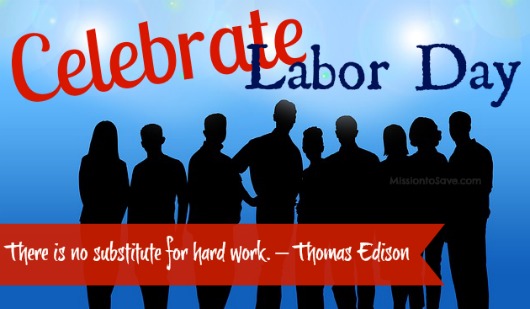
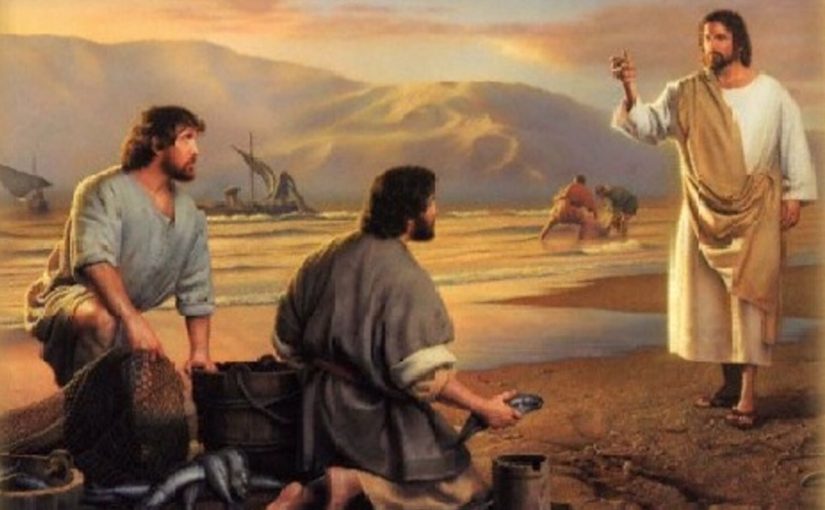
You must be logged in to post a comment.